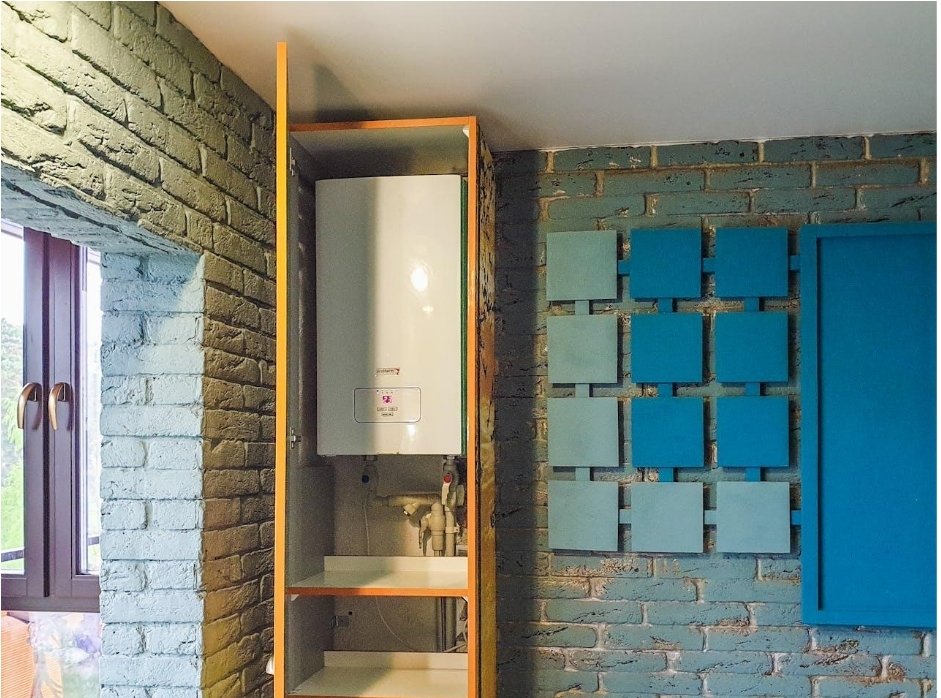5 Tips for Speedy Water Heater Restoration

Most homeowners don’t think about their water heaters until they’re experiencing issues. When our trusty water heaters get broken, it disrupts our daily routines and demands immediate attention.
But knowing how to maintain and restore your hot water systems can save you both time and money. In this guide, we’ll walk you through five essential tips for ensuring your water heater is running efficiently and restoring it quickly when issues arise.
Early Detection of Water Heater Failure
You may not be fully aware of the state of your water heater until it’s too late. However, there are telltale signs that can tip you off that something is wrong. Firstly, pay attention to any changes in water temperature.
If your showers are suddenly not as hot or if the water heater is slow to heat the water, these are red flags. Another sign to look out for is the color and quality of the water; rusty or murky water indicates a potential buildup of sediment or corrosion inside the tank.
Additionally, listen for any unusual noises such as rumbling or knocking. These are often the result of mineral and sediment buildup, leading to the overheating of the tank.
Regular Maintenance
Just like with any other appliance, regular maintenance can significantly extend the lifespan of your water heater. Most manufacturers recommend annual inspections, which can be conducted by the homeowner or a professional plumber.
During these checks, it’s important to examine the pressure relief valve, the anode rod, and the overall condition of the tank for any signs of leaks or corrosion. Flushing the tank to remove residue buildup is also crucial and should be done at least once a year.
Efficient Use to Prolong Water Heater Life
We often underestimate the impact our daily habits can have on the health of our water heater. Simple changes to how we use hot water can significantly reduce the wear and tear on the unit.
For instance, lowering the water heater’s temperature can not only prevent scalding but also reduce the amount of energy required. Another way to improve efficiency is to insulate the hot water pipes.
This insulation can help the water maintain its temperature as it travels through the pipes, resulting in less energy needed to heat it.
Professional Help
While it’s possible to tackle some water heater repairs on your own, it’s essential to recognize when a professional needs to step in. A licensed plumber or water heater technician is equipped to handle more complex issues, has the necessary knowledge of local building codes, and can potentially save you money in the long run by preventing DIY mishaps.
When selecting a professional, ensure they are experienced in residential water heating repair and are properly licensed and insured. Get quotes from several professionals before making a decision, and check for reviews or recommendations to verify their work quality
Upgrading to an Energy-Efficient Water Heater
Sometimes, restoring your water heater isn’t the best option, especially if your unit is old or plagued with problems. Replacing it with a more energy-efficient model can save you a considerable amount in the long term.
Newer water heaters, particularly tankless or heat pump units, are designed to be more efficient and can translate to lower energy bills. Before making the decision to upgrade, consider the size of your household, the unit’s energy factor (EF), and the cost of installation.






